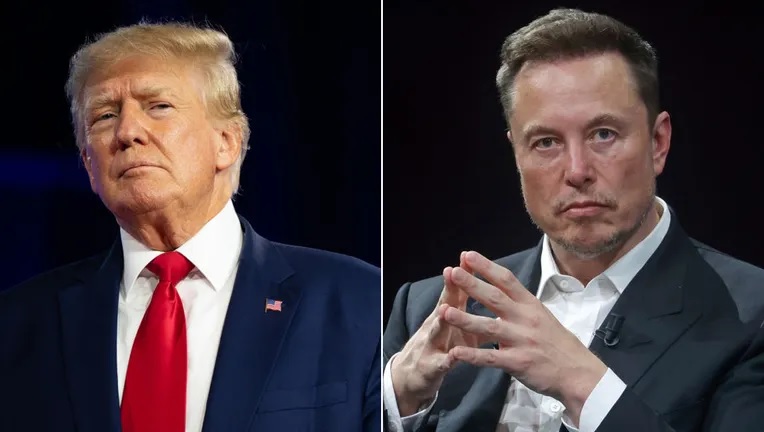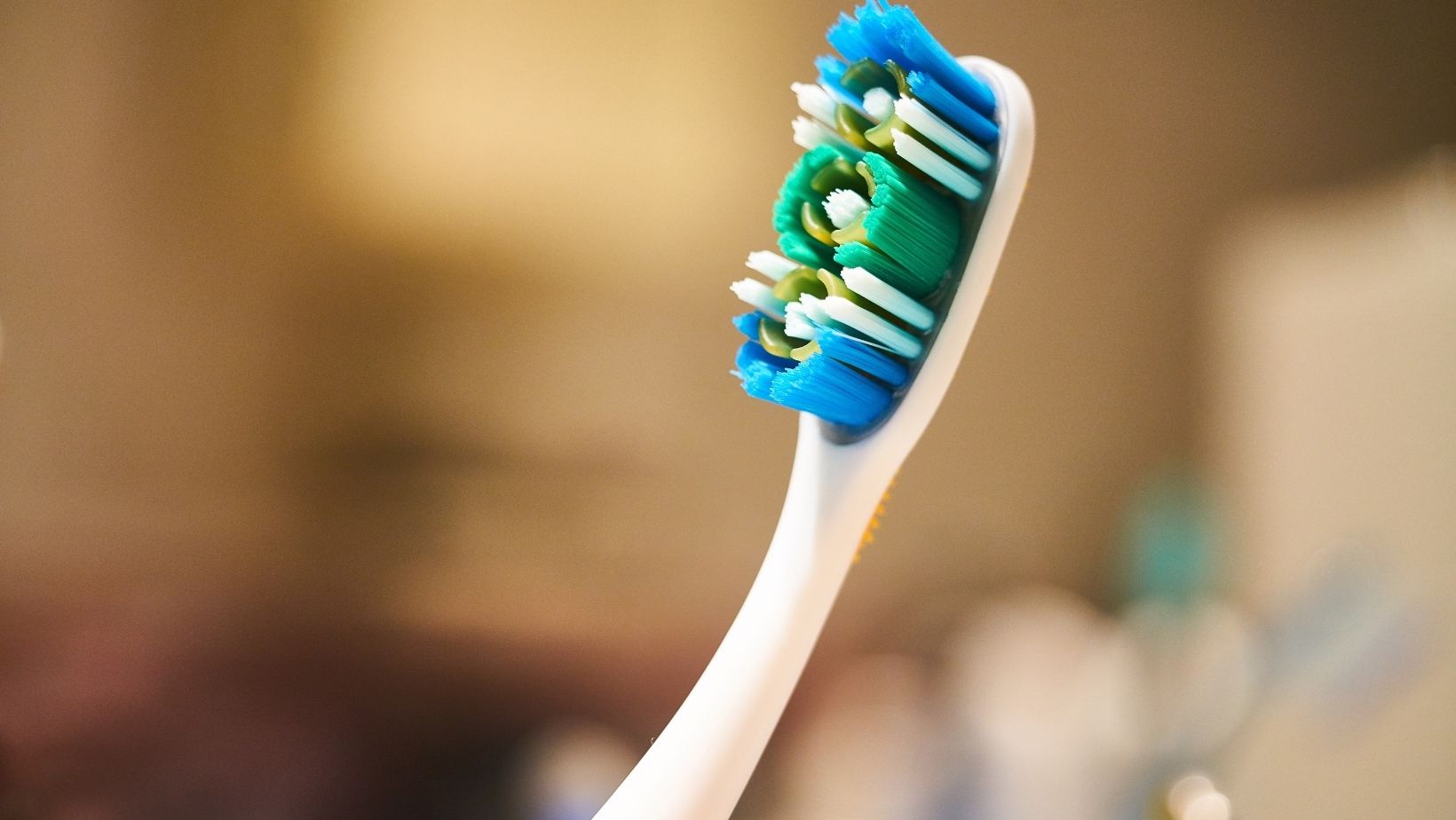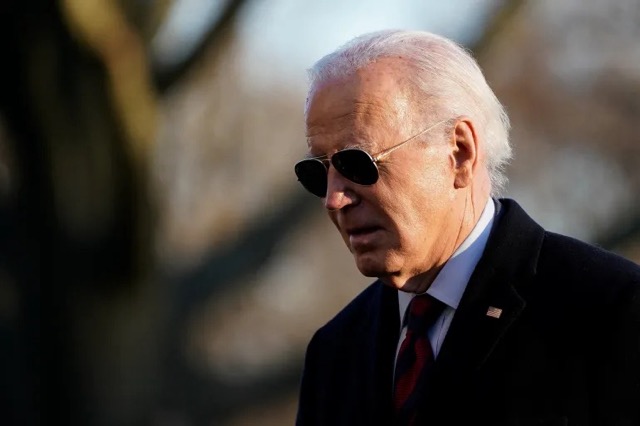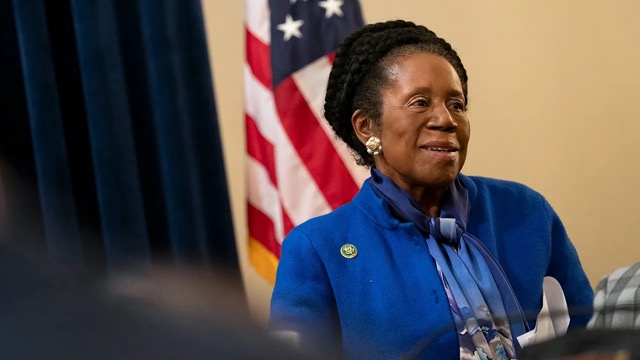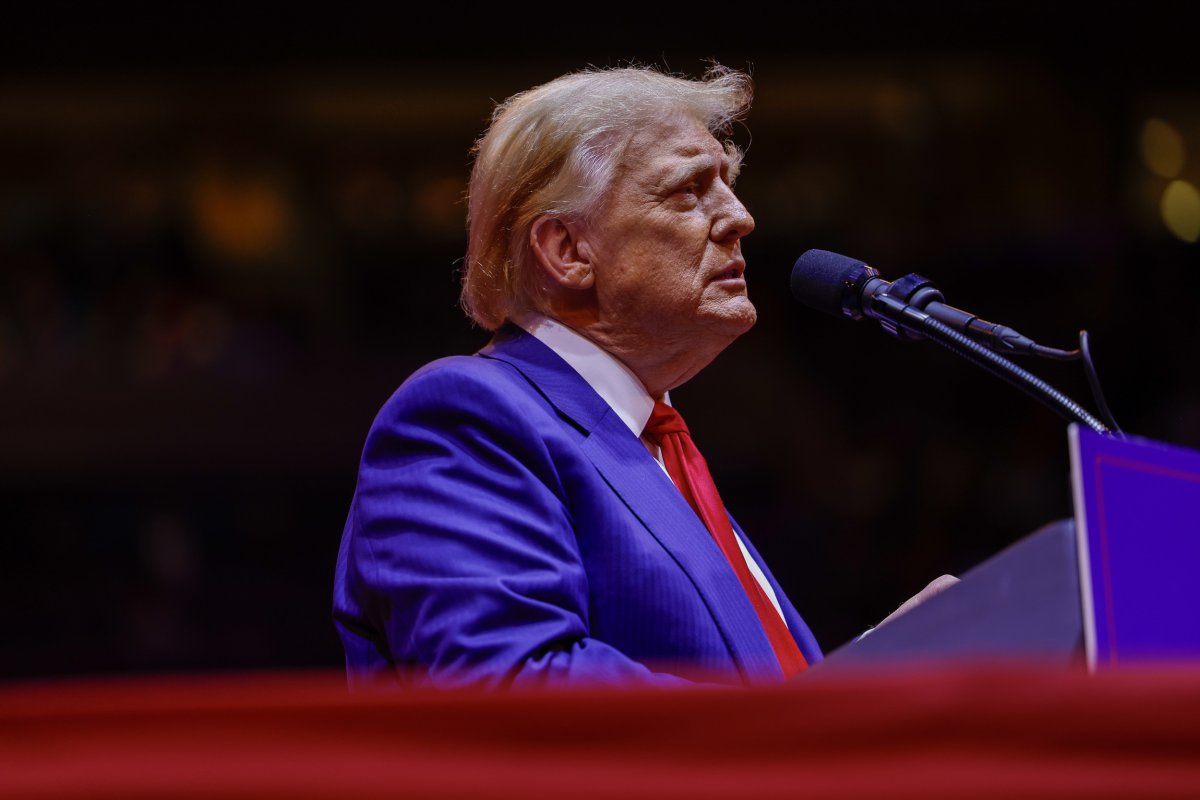The court’s opinion stated, “Trump is not engaged in official responsibilities every minute of every day.”
Former President Donald Trump recently faced a federal appeals court decision regarding lawsuits related to the January 6, 2021, breach of the U.S. Capitol. On December 1, the court ruled that Trump does not have presidential immunity concerning actions connected to the Capitol incident.
The court emphasized that Trump couldn’t claim immunity for his actions leading up to and on January 6 because his activities related to his re-election campaign were not considered official presidential acts and, therefore, did not fall under presidential immunity.
U.S. Circuit Judge Sri Srinivasan, appointed under former President Barack Obama, wrote in the ruling, “President Trump does not dispute that he engaged in his alleged actions up to and on January 6 in his capacity as a candidate. But he thinks that does not matter. Rather, in his view, a president’s speech on matters of public concern is invariably an official function, and he was engaged in that function when he spoke at the January 6 rally and in the lead up to that day. We cannot accept that rationale.”
Judge Srinivasan pointed out that while a president’s speeches often address public concerns, they may not necessarily constitute official duties. The ruling distinguished between a president speaking on public matters during their candidacy and their official capacity as the office-holder.
Judge Gregory Katsas, appointed by President Trump, concurred with this perspective, while Judge Judith Rogers, appointed under President Bill Clinton, partially agreed.
The ruling stemmed from Trump’s appeal after a 2022 decision by U.S. District Court Judge Amit Mehta, also appointed under President Obama, who determined that Trump was not shielded by presidential immunity for his January 6 speech.
Judge Srinivasan emphasized that this decision was not final and that Trump had yet to counter the allegations with his own facts, stressing the need for a fair chance for Trump to present evidence related to the immunity question.
The rejection of President Trump’s appeal is “necessarily tied to the need to assume the truth of the plaintiffs’ factual allegations at this point in the proceedings,” he wrote. “President Trump has not had a chance to counter those allegations with facts of his own. When these cases move forward in the district court, he must be afforded the opportunity to develop his own facts on the immunity question if he desires to show that he took the actions alleged in the complaints in his official capacity as President rather than in his unofficial capacity as a candidate. At the appropriate time, he can move for summary judgment on his claim of official-act immunity.”
The recent ruling does not conclusively settle the issue of presidential immunity, indicating further proceedings in the district court to establish facts supporting Trump’s actions in an official capacity rather than as a candidate.
This decision comes almost a year after arguments were presented to the appeals court, a timeframe longer than typical for such decisions.
Lawsuits against Trump by Democrats and law enforcement officers regarding his actions on January 6 were a direct catalyst for this decision, with Democrats accusing Trump of conspiring to impede their duty in validating the 2020 electoral results through his speech.
Trump, the leading contender for the Republican nomination in 2024, has maintained that his speech constituted political discourse during his term, protected by presidential immunity.
Lawyers for both sides did not immediately respond to requests for comment following the court’s decision, marking an ongoing legal battle over the scope of presidential immunity in this context.



